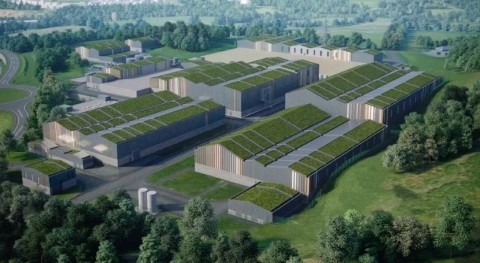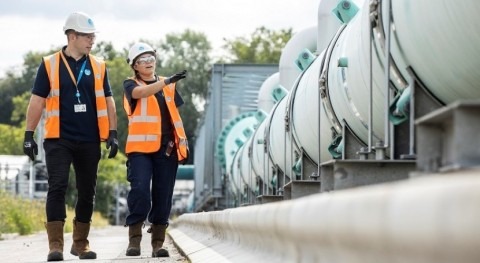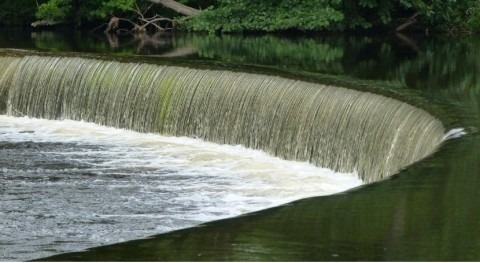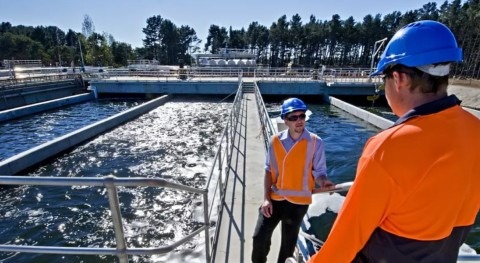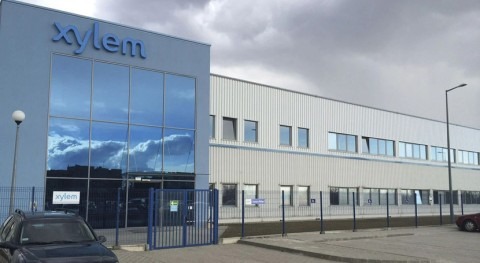Facing prolonged drought and growing demand, Greece has unveiled a €2.5 billion ($2.92 billion) programme to secure its water supply for the next three decades, according to Environment Minister Stavros Papastravrou.
The Mediterranean nation, which consumes around 10 billion cubic metres of water annually, has been hit by increasingly hot summers and unusually dry winters — trends that scientists attribute to accelerating climate change. A major artificial lake in central Greece, supplying nearly half the population of more than 10 million, has now dropped to its lowest level in decades.
“Greece will be facing the second most severe water stress in southern Europe after Cyprus,” Papastravrou said during an event in Athens, noting that Athens and Thessaloniki are particularly exposed.
Since 2022, the country’s water reserves have fallen sharply. Papastravrou explained that “the annual fall in Greece's water reserves had reached about 250 million cubic metres, rainfall has decreased by about 25%, evaporation had risen by about 15% and water consumption had risen by 6%.”
To address this, Greece has drawn up a seven-point plan combining infrastructure upgrades, alternative sources, and better management. Measures include diverting water through tunnels from two tributaries to a reservoir in western Greece, deploying desalination facilities, and drilling wells to boost supply for the capital region.
In a significant structural reform, the two largest utilities—Athens Water Supply and Sewerage Company (EYDAP) and Thessaloniki Water Supply and Sewerage Company (EYATH)—will assume control of irrigation networks currently managed by smaller local operators.
“While Singapore and Israel are reusing every single drop twice or three times, our (water) losses stand at 50%,” the minister said. The European Commission will provide technical guidance to support Greece in implementing the plan.










